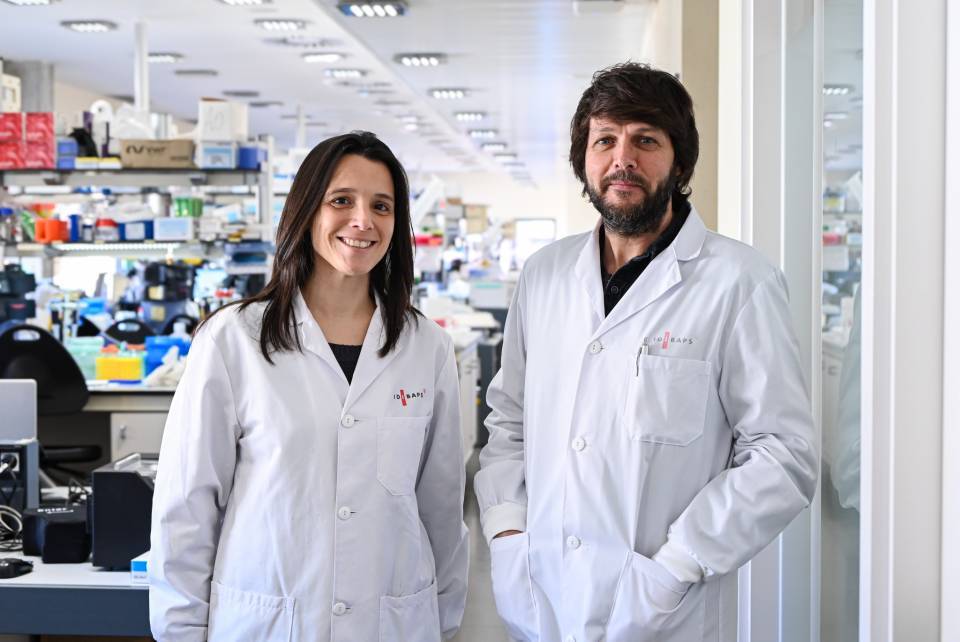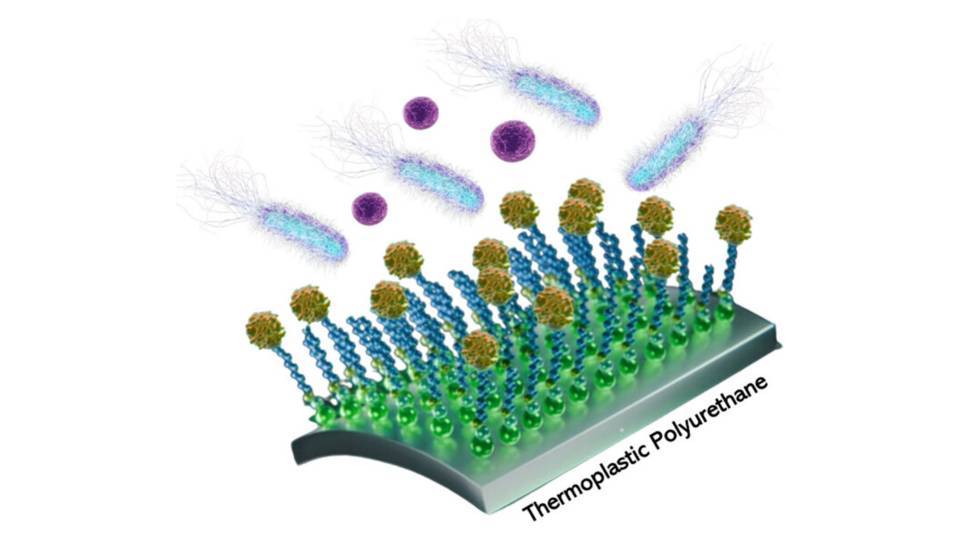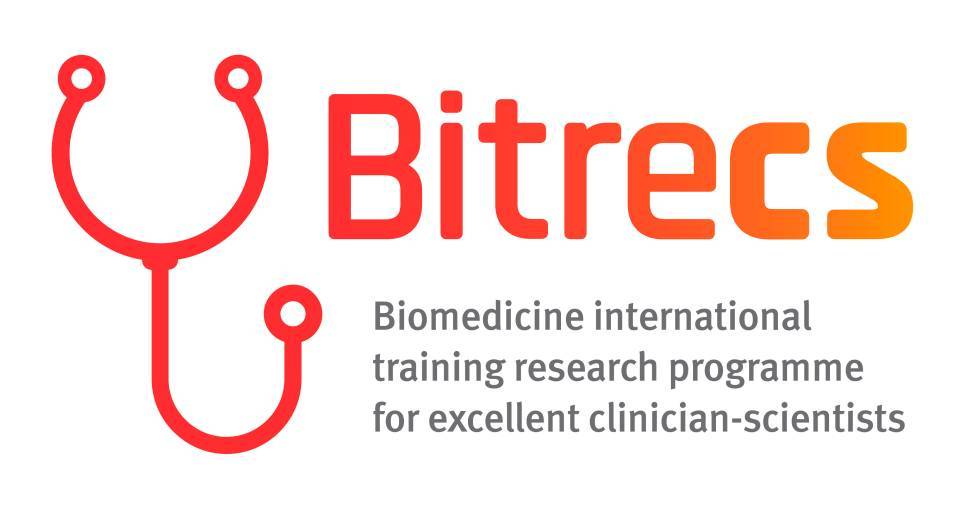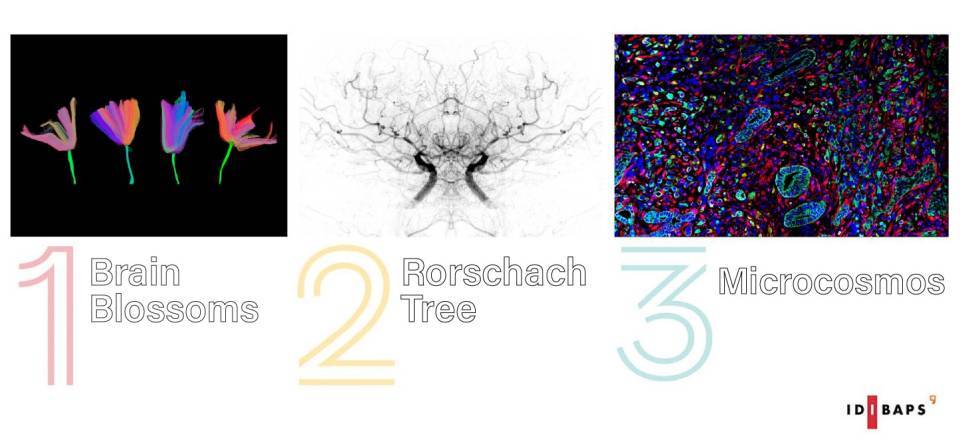For this project, chemogenetic techniques were used to selectively activate or inhibit specific hypothalamic neurons in mice, as well as the administration of hormones that play a key role in the regulation of energy balance. These approaches, combined with molecular analyses of the composition of the intestinal microbiota, made it possible to detect a new brain-gut axis capable of regulating the composition of the microbiota in the different areas of the digestive tract.
The study was coordinated by Marc Claret, head of the Neuronal Control of Metabolism group at IDIBAPS, with the collaboration of Ruben Nogueiras from the Universidad de Santiago de Compostela and Patrice D. Cani from UCLouvain, and with funding from the ”la Caixa” Foundation.
The results show that brain-induced changes in the microbiota are accompanied by a reconfiguration of neural pathways in the duodenum and an activation of the sympathetic nervous system, the part of the autonomic nervous system responsible for stress responses. In addition, this modulation of the microbiota is anatomically specific, i.e., different regions of the intestine respond differently depending on the neurons that are activated at any given time. The study further revealed that diet-induced obesity disrupts the brain’s ability to regulate the gut microbiota, uncovering a new mechanism that may explain how obesity can alter the gut microbiota composition.
According to Marc Claret: “These results help us to better understand the relationship between brain, microbiota, and metabolism, which will allow us to continue studying in greater depth the mechanisms that regulate this interaction. And, in the longer term, it will open the doors to new ways of tackling metabolic diseases and obesity, with potential implications for the development of therapeutic strategies.”
The brain-microbiota axis in maintaining energy balance
The brain is responsible for maintaining the body's energy balance, a complex process involving a multitude of factors. Firstly, it is widely known that the microbiota and the metabolites it produces act as signallers in the brain by modulating various brain functions, including regulation of the metabolism and energy balance. Secondly, organs such as the stomach, adipose tissue, or the pancreas secrete hormones that indicate the general energy status of the body to the brain.
Míriam Toledo, researcher at IDIBAPS and first-named author of the article explains: "The brain integrates information from the microbiota and metabolic organs to orchestrate an adaptive response appropriate to each moment that maintains the body's energy balance". And she adds: “With this study we are presenting a new way through which the brain can regulate the body's homeostasis, and that is through the control of the composition of the intestinal microbiota.”
Patrice D. Cani, professor at UCLouvain and co-leader of the study, explains: “This is an incredible discovery for us! We are revealing a potential new way for rapid communication between the brain and our gut inhabitants, I mean the microbes.” He adds: “This could mark the beginning of a new era in the field.”
Ruben Nogueiras, from the Universidad de Santiago de Compostela, add: “These findings challenge the current dogma on how the gut microbiota communicates with other organs. These unexpected and exciting results might be important for adjustments between meals and, in the long term, body weight control."




